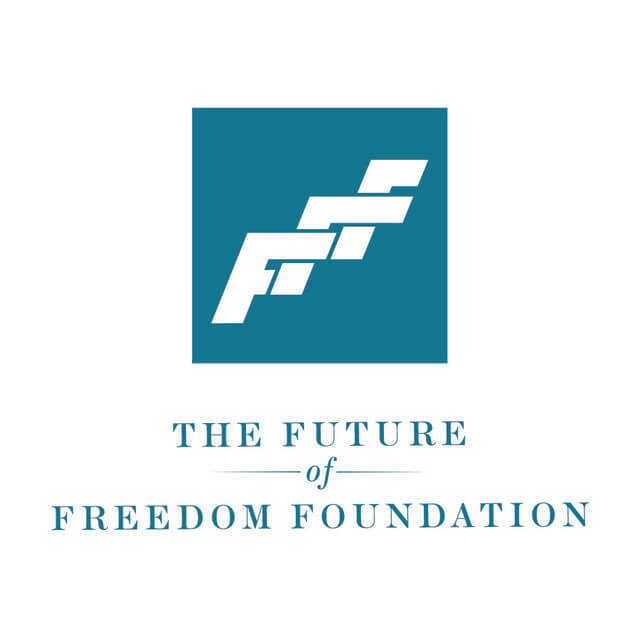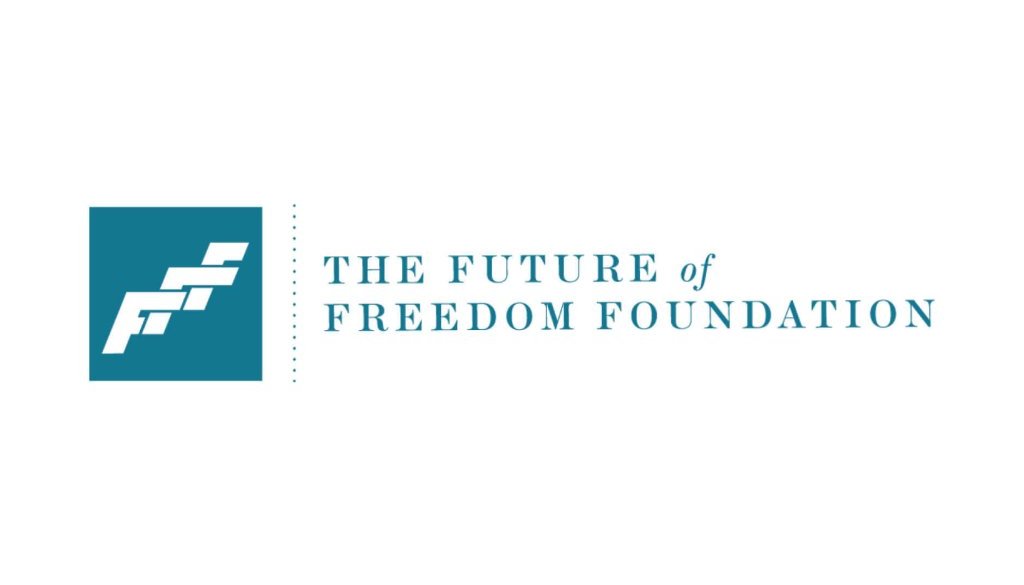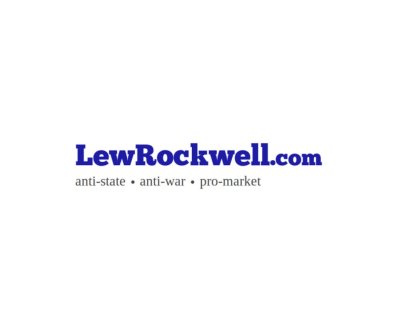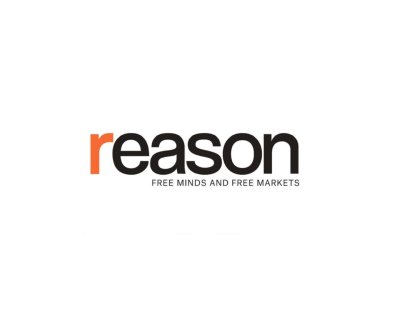Cowboy Cartels and Drug-War Inanity
Having watched the great drug-war Netflix documentaries Narcos and Narcos Mexico and the excellent drug-war drama La Reina del Sur, I wasn’t too interested in watching another drug-war-related series. But when I realized that the Apple TV+ documentary “Cowboy Cartel” revolved around my hometown of Laredo, Texas, where I lived almost half my life and practiced law for 8 years, I couldn’t resist watching it.
While I can recommend Narcos and Narcos Mexico and La Reina del Sur (The English version is The Queen of the South), I can’t recommend “Cowboy Cartel,” except if you want to be reminded of what an exercise of inanity the war on drugs is — and a deadly and destructive inanity at that. Another valuable lesson from the Cowboy Cartel is that you can see how obtuse federal officials are who are waging the drug war.
The series revolves around a new, young FBI agent named Scott Lawson whose first duty assignment is Laredo. Attempting to find a niche for himself among all the other federal agents in Laredo, including the FBI, DEA, ICE, and Homeland Security, who, along with the Border Patrol, have turned Laredo into a veritable police state, Lawson starts delving into a money-laundering operation involving the purchase, sale, and racing of quarter-horses. The operation is being run by the most ruthless and brutal drug cartel in the history of Mexico, the Zetas, whose base is Nuevo Laredo, Mexico, which is just across the Rio Grande from Laredo.
Ultimately, Lawson pulls in other FBI agents, DEA agents, IRS agents, and assistant U.S. Attorneys, who conduct a 3 1/2 year investigation that results in the conviction and 20-year prison sentence of one of three brothers who run the Zetas cartel. Other lower-ranking henchmen who were working in the money-laundering operation also got convicted.
At the end of the series, Lawson and the other feds who participated in the operation are exultant over their grand accomplishment.
Yawn! By the time I got to Episode 4, the final episode, I was practically falling asleep. The only thing that kept me awake was the absolute obtuseness and practical blindness of the federal officials involved in the entire operation — and their willingness to risk the lives of their families and children for absolutely nothing.
When I returned to Laredo in 1975 to practice law, the drug war was going strong. In fact, my very first trial was in federal district court. The federal judge in Laredo assigned me to represent an indigent man who was being accused of having conspired to possess and distribute cocaine. He was facing a 15-year prison sentence. He claimed to be innocent.
As I watched the young FBI agent Lawson on Cowboy Cartel, I couldn’t help but think back to the DEA agents who were doing the same thing that Lawson was doing when I returned to Laredo in 1975. Most of them were about the same age as I was and that Lawson is — late 20s and early 30s. Like Lawson, they were extremely dedicated. Like Lawson, they were doing their part to win the war on drugs. I got to know a
Article from The Future of Freedom Foundation

The Future of Freedom Foundation (FFF) is a leading voice in libertarian thought, tirelessly advocating for individual liberty, free markets, and limited government. Established in 1989, the FFF is more than just a think tank; it’s a hub for intellectual exploration and policy advocacy that draws on the classical liberal tradition and Austrian economics. Through insightful articles, videos, and events featuring top libertarian minds, the organization provides a robust critique of mainstream politics and policies, championing instead the principles that underlie a truly free society. For anyone seeking a principled stand for freedom and limited government, the Future of Freedom Foundation serves as an invaluable resource and an inspiring beacon.




